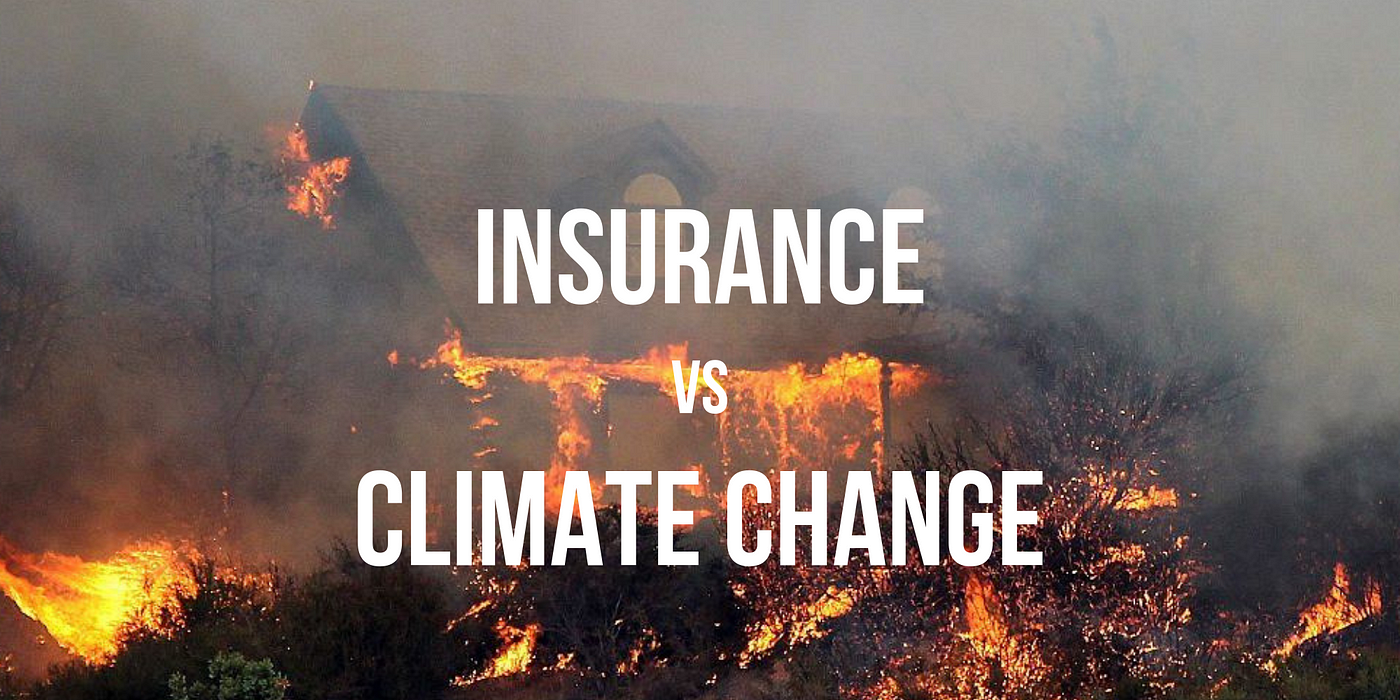Insurance has been around for centuries, providing individuals and businesses security and protection in the face of unexpected events. However, the insurance industry is not immune to change and disruption, and new technologies and innovations are revolutionizing how society thinks about insurance.
This article will explore some of the newest types of coverage available and how they can help keep you ahead of the game when managing risk and protecting your assets.
1. Workers Compensation Insurance for Temporary Staffing Business
Temporary staffing businesses are responsible for their employee’s safety and well-being while on the job. Worker’s compensation insurance can help provide financial protection in the event of a work-related injury or illness.
Workers comp for temporary staffing is a crucial investment for any business in this industry. By working with an experienced insurance provider, temporary staffing businesses can ensure they have the right coverage to protect their employees and business.
According to Nixer Comp, you can choose from several types of workers’ compensation plans available when providing workers comp for temporary staffing businesses. However, the two key programs are small and intermediate deductible plans and large deductible programs.
2. Cyber Insurance

Cyber insurance is a type of coverage that helps protect businesses from financial losses due to these attacks.
Recent data on cyber crimes highlights the severity of this threat. In 2020, there was a significant surge in malware and ransomware attacks, with an increase of 358% and 435%, respectively, according to a report by the World Economic Forum.
This data indicates that the frequency and severity of cyber-attacks are growing alarmingly and surpassing society’s capacity to effectively prevent or address them.
Cyber insurance can help businesses mitigate these risks by covering many potential losses. It can include expenses related to data breaches, network downtime, and other cyber attacks. Cyber insurance policies may also cover legal fees and regulatory fines resulting from these incidents.
3. Climate Change Insurance

As extreme weather events become more frequent and severe, businesses face growing risks related to property damage, business interruption, and supply chain disruptions. Climate change insurance is a relatively new type of coverage that aims to help businesses manage these risks.
The latest data on climate change highlights the need for this type of coverage. According to Climate.gov, a report by the National Centers for Environmental Information (NCEI) of the US found that in 2021, the United States faced several weather and climate disasters. A total of 20 separate events each resulted in at least a billion dollars in damages.
These 20 disasters of 2021 caused numerous fatalities, with at least 688 direct or indirect deaths reported. In addition, the financial impact was also staggering, with damages from these disasters estimated at approximately $145 billion.
Climate change insurance can help businesses prepare for these risks by covering potential losses. It can include damage to property and equipment, loss of income due to business interruption, and additional expenses associated with adapting to a changing climate.
4. Telemedicine Insurance

Telemedicine has emerged as a valuable tool for providing healthcare services to patients remotely, allowing for greater access and convenience. However, not all insurance policies cover telemedicine visits.
Telemedicine insurance is crucial for patients who live in remote areas or have limited access to healthcare providers. It allows them to receive medical care without the need to travel long distances, which can be costly and time-consuming. Additionally, telemedicine insurance can help reduce healthcare costs by providing more efficient and cost-effective care, reducing the need for expensive in-person visits.
With the rise of telemedicine as a primary means of delivering healthcare services, telemedicine insurance is becoming an increasingly important coverage for patients to consider. By investing in telemedicine insurance, patients can access the care they need from the comfort of their homes without worrying about the financial burden of traditional in-person visits.
5. Identity Theft Insurance
Identity theft insurance is a type of coverage that helps protect individuals from the financial losses and damages that can result from identity theft.
According to recent data, identity theft is a significant and growing problem. For example, in 2021, the Federal Trade Commission received a staggering 5.7 million reports of identity theft and fraud, a notable increase from the 4.7 million cases reported in the previous year.
The COVID-19 pandemic has also contributed to a rise in identity theft, as cybercriminals have taken advantage of the chaos and uncertainty caused by the pandemic to launch new attacks.
These statistics emphasize the growing importance of identity theft insurance as a specialized coverage that helps individuals and businesses protect themselves against the financial impact of these increasingly prevalent crimes.
6. Autonomous Vehicle Insurance

As autonomous vehicle technology continues to develop and become more widespread, the need for specialized insurance coverage for these vehicles is becoming increasingly important. Autonomous vehicle insurance covers the unique risks of self-driving cars, such as software malfunctions and cyber attacks.
Autonomous vehicle insurance can cover a range of probable losses, including damage to the vehicle and liability for accidents. However, as self-driving cars become more sophisticated and technology evolves, insurance companies must adapt their coverage offerings to ensure they can adequately protect their policyholders.
Final Words
The insurance industry is constantly evolving to meet the changing needs of policyholders. The newest types of coverage are revolutionizing the insurance industry and are helping policyholders stay ahead of the game.
This specialized coverage offers protection against emerging risks, such as cyber-attacks and climate change. In addition, it provides innovative solutions to long-standing challenges, such as access to healthcare and coverage for temporary staffing businesses.
As technology advances and new risks emerge, insurance companies will need to continue to adapt and innovate to meet the evolving needs of policyholders. By staying up-to-date on the newest types of coverage, individuals and businesses can ensure they have the coverage they need to protect themselves against tomorrow’s risks.










